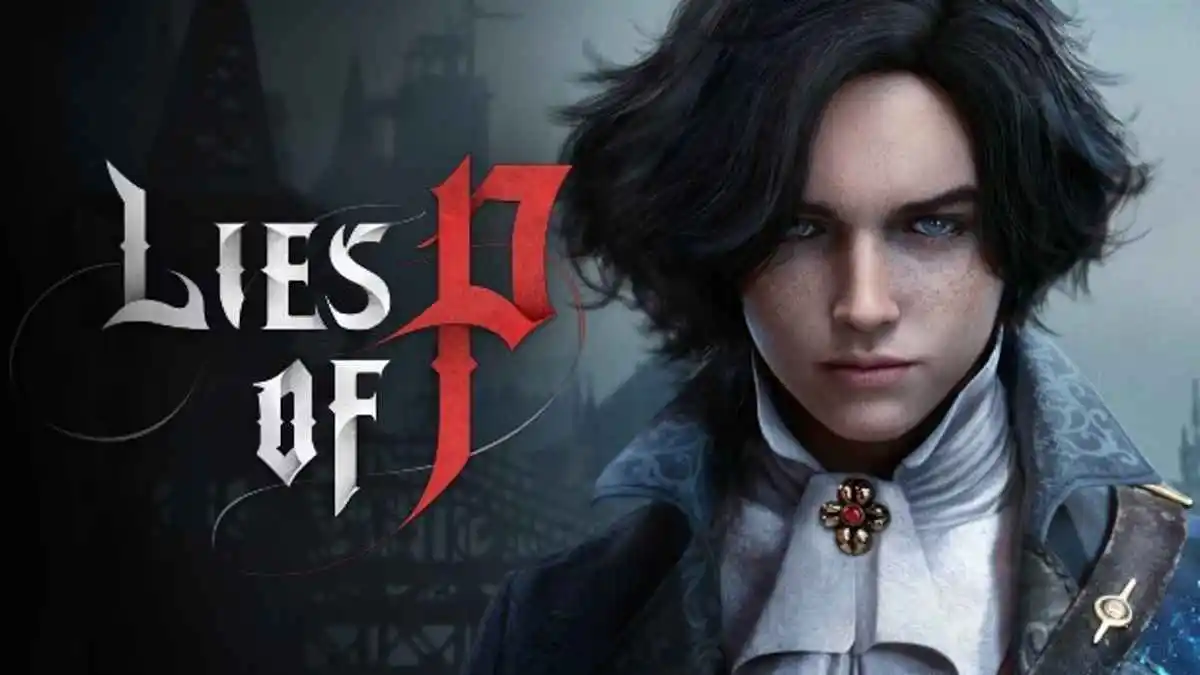Neowiz returns to its mechanical fairytale with Lies of P: Overture, an expansion that refuses to play it safe. Instead of chasing reinvention, it sharpens what already worked — the eerie elegance, the methodical combat, and that slow, irresistible descent into madness. This prequel doesn’t just expand the world of Krat; it redefines how we feel about it.
At its core, Overture is about inevitability — the creeping rot that was always coming for the puppets and their makers. It’s not a story of redemption. It’s a requiem for a city that was doomed long before we arrived.
Into the Snow, Into the Silence
The DLC opens in a blizzard, the world muted except for the grinding of gears beneath your boots. It’s a striking introduction, stripping you of comfort and memory alike. Within minutes, you’re staring down a nightmare — a polar bear fused with an iron cage, roaring through the haze. The message is clear: Overture is not here to welcome you back. It’s here to test whether you still deserve to be in this world.
Combat remains the heartbeat of the experience. The parry system feels tighter, the hit feedback nastier, and enemies demand patience over panic. This isn’t the kind of DLC where you stroll through new areas swinging a stronger sword; it’s a brutal refresher course in humility. Every victory feels earned, and every mistake costs you dearly.
A City Remembered in Pieces
Krat’s outskirts unfold like a fever dream of civilization on its last breath. There’s the snow-choked zoo, where half-petrified animals stumble between cages. There’s the abandoned fairground, its carousel creaking in the wind, music boxes frozen mid-note. Neowiz hasn’t just created new environments — it’s twisted familiar ones into decaying echoes, each telling a story of something lost.
The environmental storytelling is astonishingly precise. Notes, murals, and even enemy placement hint at the city’s unraveling. You start to recognize the rhythm of its death — the order collapsing under its own weight. It’s more mournful than horrific, and that’s what makes it powerful.
Steel, Strings, and Blood
New weapons and Legion Arms keep things lively without breaking the game’s balance. The bow allows cautious players to keep their distance while still contributing meaningful damage, while the clawed gauntlets reward aggression with blistering speed. The standout, however, is the Pale Knight gunblade — a monstrous hybrid that turns every heavy attack into both a recoil dodge and a cinematic counterstrike. It’s ridiculous in all the right ways.
Each weapon feels tuned for experimentation, inviting you to mix styles in ways that weren’t quite possible in the base game. These tools, combined with new upgrade paths, help Overture feel like an evolution rather than an add-on.
Bosses That Dance With Death
Where Overture truly shines is in its boss encounters. The choreography of each fight borders on operatic — deliberate, punishing, but breathtaking when you catch the rhythm. Markiona, the Puppeteer of Death, might be one of Neowiz’s best designs yet: two combatants tethered by luminous wire, moving in eerie synchronicity. Every slash feels like part of a macabre performance, the strings snapping only when you finally land the killing blow.
The difficulty curve feels fairer than in Lies of P’s main campaign. The new difficulty options—Awakened Puppet and Butterfly’s Guidance—offer subtle adjustments rather than hand-holding. It’s still a punishing ride, but one that invites newcomers instead of locking them out.
The Flaws Behind the Mask
Not everything gleams in the moonlight. A mid-game detour through a sterile laboratory kills the pace, recycling visual tropes that feel disappointingly mundane after hours of gothic splendor. And the main villain, though thematically intriguing, never matches the tragic magnetism of the Stalkers or Alchemists from the base game.
Still, the writing carries emotional weight. When the story finally circles back to Geppetto’s legacy, it hits like a hammer. The idea of creation and control—of who pulls the strings and who cuts them—remains the emotional spine of the entire experience.
A Symphony of the Damned
There’s a rare confidence in Lies of P: Overture. Neowiz doesn’t chase spectacle for its own sake; it crafts atmosphere, dread, and melancholy with the precision of a watchmaker. The visuals are breathtaking, but it’s the pacing and tone that linger — the quiet moments between fights where you catch your breath and realize the world itself is dying.
It’s more of what Lies of P already did well, yes. But when “more” means tighter level design, sharper combat, and even deeper thematic resonance, that’s hardly a complaint. Overture isn’t just DLC — it’s an elegy.
Verdict: Lies of P: Overture is a chilling, beautifully orchestrated prequel that proves Neowiz’s puppet show still has plenty of soul to tear apart. It’s haunting, brutal, and absolutely worth the return trip to Krat.
